The effect of (healthy) food on your mental health
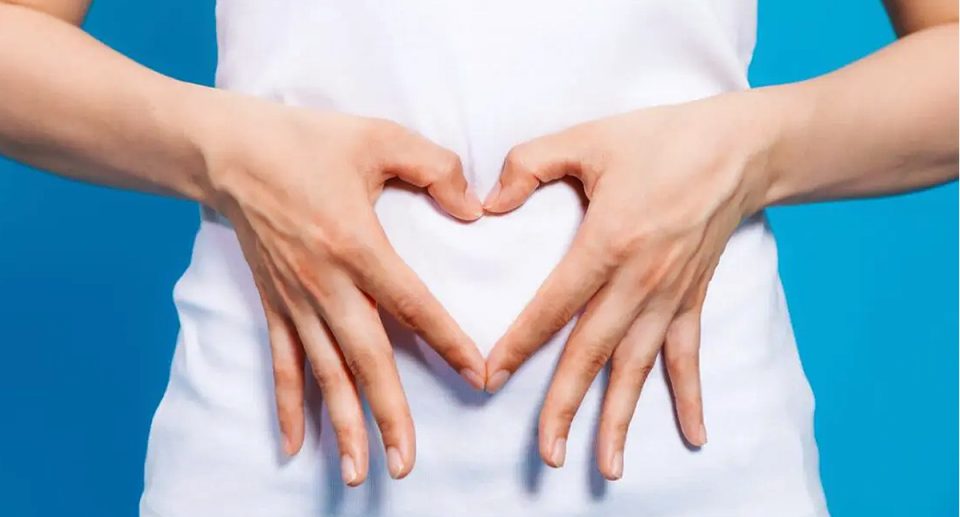
In this interesting NewWaysBetterDays blog post the Swiss psychiatrist Gregor Hasler shares the latest insights about the link between your mental and physical health. Since by taking good care of your body and eating healthy, you also keep your mental health healthy.

What exactly is the connection between our gut and brain?
“Almost everyone experiences that connection at some point. If you have a stomach ache from stress, for example. Or something happens and you have a gut feeling about it. But what was discovered not so long ago is that there are several ‘highways’ between head and belly. The first is a connecting nerve between your brain and gut, called the vagus nerve.
Information from your gut travels through that nerve to your brain, which is very interested in what’s going on in your gut. Then there’s a more primitive nervous system as well that connects your brain to your gut: the stress nerve, or sympathetic nerve. It mainly responds to external stimuli and dangers, such as a crying child or a burning smell. And is responsible for the fight and flight response in stress reactions.
For example, in a stressful situation, the brain can decide to paralyze the intestines and stop giving blood, because the blood has to go to the muscles at that moment. The sympathetic nerve therefore mainly causes stress, while the vagus nerve ensures peace.”
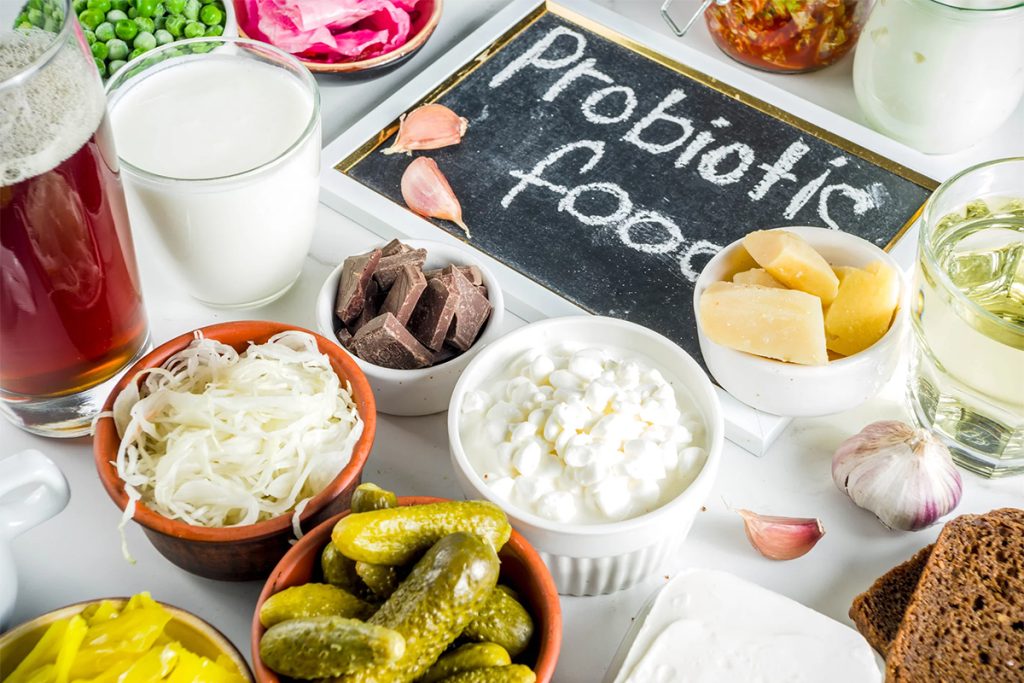
Are there any more interesting connections?
“Another way the gut communicates with the brain is through hormones. Most of our hormones, adrenaline or serotonin for example, are produced in our intestines. We also have some hormones in our brains, but even those originally come from your gut. Through these hormones, your gut communicates with your brain and with other organs in your body.
And then there’s a fourth, important way the gut affects your brain: through microbes. Those are small creatures that mainly consist of bacteria, but also of fungi, yeasts and viruses. Together they form the microbiome in your intestines.
We have known for some time that intestinal bacteria are important for your digestion and health, but it has only recently been discovered how important the microbiome is. In the past it was never paid attention to, but now scientific articles appear about it every week.”
On the internet probiotics are often called ‘good’ or ‘helpful’ bacteria because they help to keep your gut healthy. So we asked the following question.
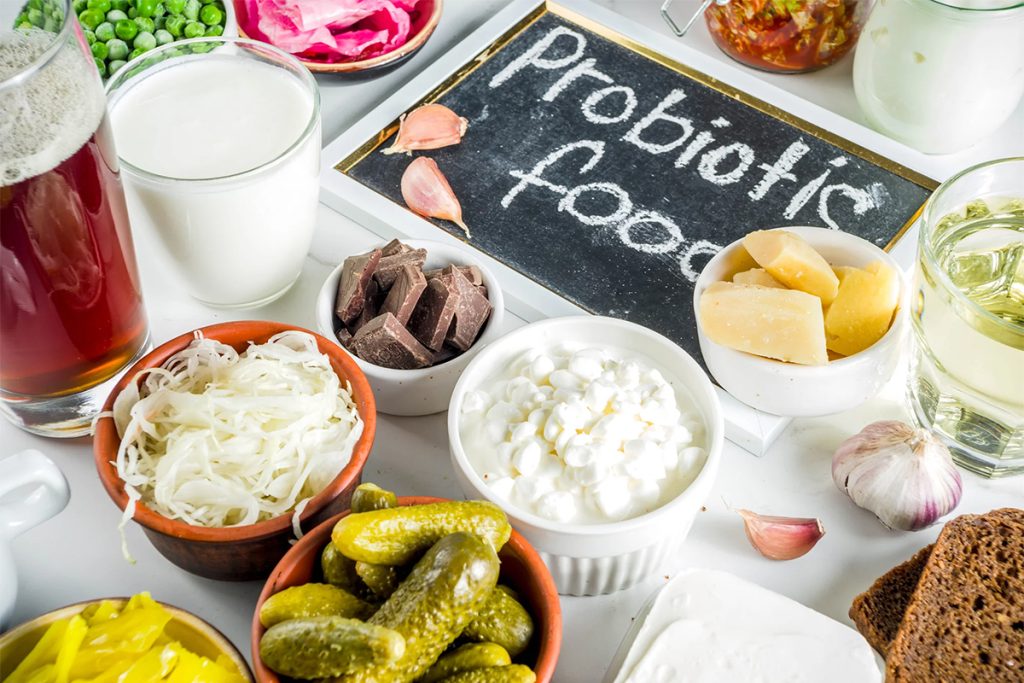
Is it wise to influence your intestinal flora by taking probiotics or through your diet?
“I am quite skeptical about probiotics. It remains to be seen whether the bacteria in probiotics reach your intestines alive. Many of them will already be killed in the stomach. Many of these drinks also contain bacteria from breast milk, such as bifidus. And it’s questionable whether those are good for adults too. In short, there are still many question marks and that is why I would not recommend this type of probiotic.
However, we do know that fermented foods, such as yogurt or pickles, are good for your gut bacteria. Because these bacteria are being produced during fermentation that have a beneficial effect on your intestinal flora. And sugar is best avoided as well. There was no refined sugar in the world until we started producing it, therefore it’s something unnatural.
The body has no system to regulate sugar intake. This is different with salt, you cannot eat it in the same quantities as sugar. Apart from the fact that it is not tasty, the body simply says no. Sugar, on the other hand, immediately enters your blood and raises the glycemic index, so that you first get a peak in your energy and then a trough. Due to the bad influence on your intestinal flora, a high sugar consumption can even lead to depression and other psychological complaints.”
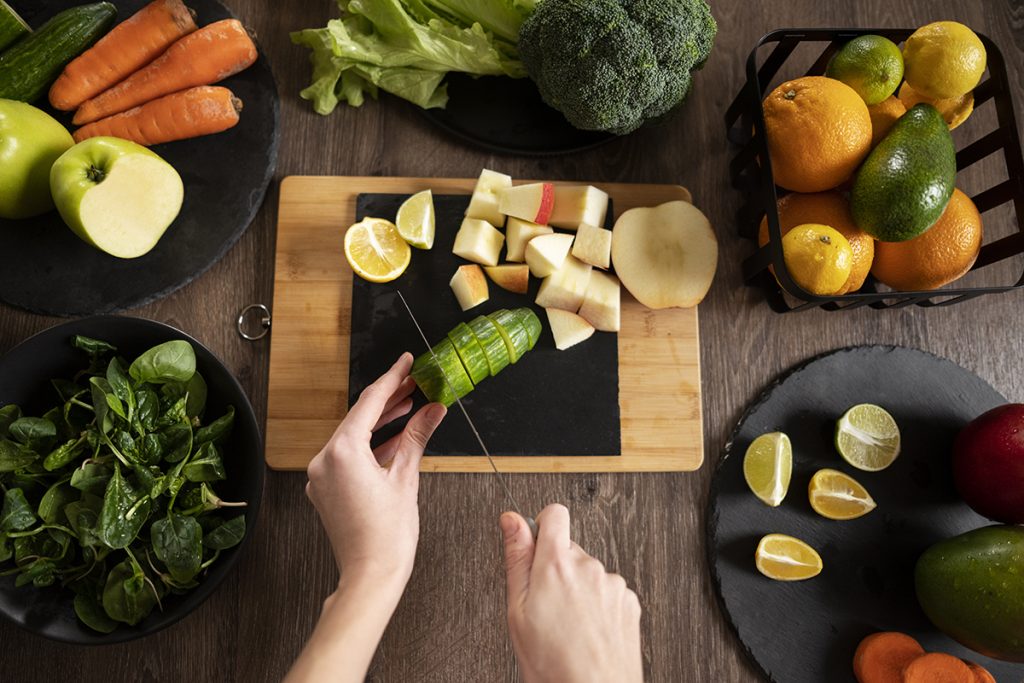
What do you advise your patients?
“I always ask about their eating habits. What do you eat, do you eat sweets regularly or every hour, do you cook every day, how much time do you have to eat, do you eat quickly or slowly? I take all those things into therapy. Eating is not just about calories, but about much more. Moreover, talking about food is accessible and a good reason for a conversation.
When you ask a patient how they are doing, that question is often difficult to answer. But by talking about eating habits, I understand the patient better. If someone does not take time to eat, it may indicate that the patient is under too much stress. And if a bag of sweets is needed to feel good, there may be a disturbed intestinal connection and someone may not know what to eat to feel good. So tell me how you eat and I’ll tell you how you’re doing.”
You advocate observing what is going on in your body and your gut.
“Your body tells you what state you are in. Many people do not pay close attention to those signals. For example, they don’t realize that their neck is completely stiff and stuck. Your stomach and intestines also provide a lot of information. It’s good to realize what happens in your body throughout the day.
If you receive an assignment from your manager and you immediately feel pain in your neck, then you know: this is not good for me. If you get a stomach ache from all kinds of tensions in your life, it is also good to identify this and take it seriously. You can build that introspection into your life, for example by practicing mindfulness every morning or meditating for half an hour.
If you notice that you have a lot of stress, you can also reduce that through your gut-brain connection. The vagus nerve, which connects your gut to your brain, can act as a brake on your stress system. If you relax enough, your vagus nerve can keep your sympathetic nerve in check. Yoga, mindfulness, and singing have been proven to stimulate the vagus nerve, helping to reduce stress. Micro meditations and breathing exercises have the same effect.”
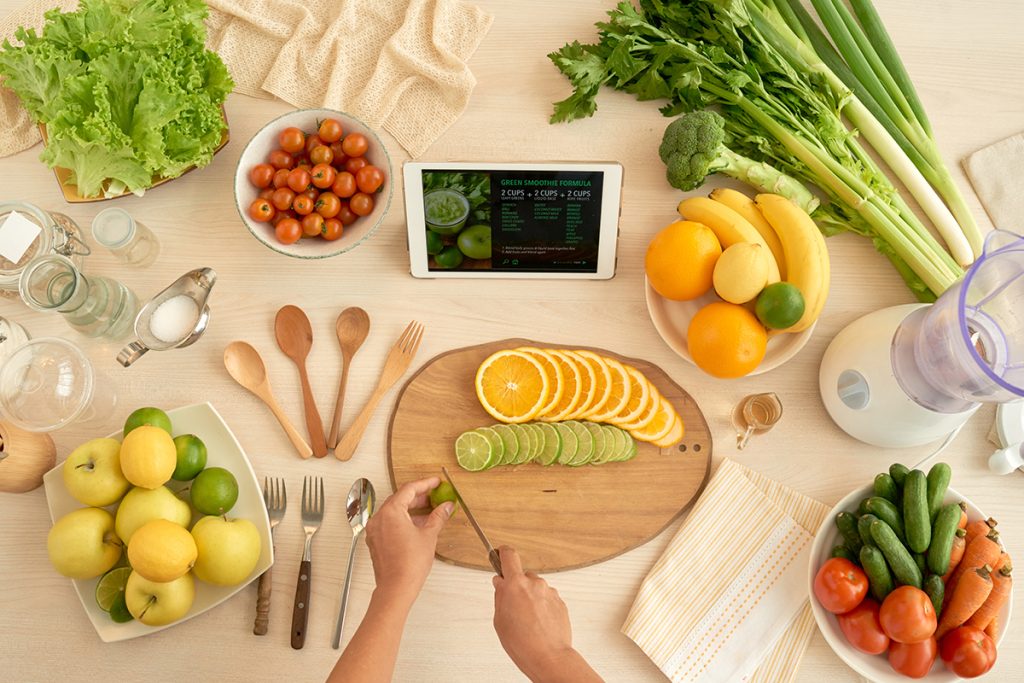
What do you think we can do best for our gut and brain in our daily lives?
“There is not one solution, it is a complex system, it is all about balance. Moving every day is important, because our intestines are not made to sit all day. Movement helps them to function properly, which can also be walking. It is also wise to eat regularly, in a balanced way and not too much.
Everything you mix or that has been grinded, for example bread, flour or smoothies, is less good. Because of that grinding, bad sugars come out of the fibers, which immediately go into your blood. This feels good for a while, but is ultimately bad for you.
There is a general rule: the more processed and industrialized food you eat, the worse it is for your (mental) health. Rather choose an apple, tomato or go for nuts and fish. Something that your great-grandmother would still recognize as food that is good for you!”



















